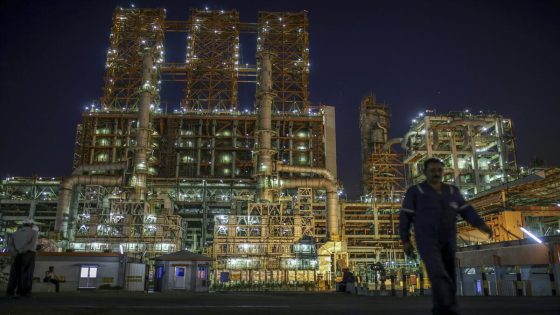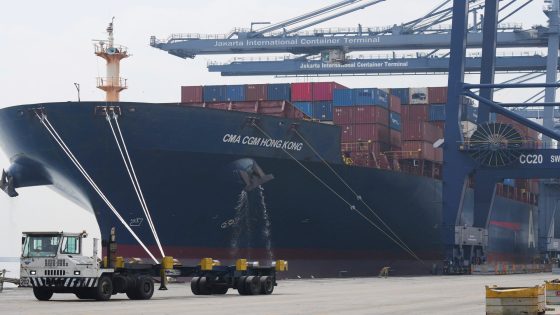Newly imposed European sanctions against India’s Nayara Energy refinery have sparked controversy, with Russian oil giant Rosneft PJSC labeling them as “unjustified and illegal.” On July 20, 2025, the European Union adopted its 18th package of restrictions aimed at Russia, intensifying its efforts to curb the Kremlin’s energy revenues amid the ongoing conflict in Ukraine.
- European sanctions target India’s Nayara Energy.
- Rosneft calls sanctions unjustified and illegal.
- EU adopts 18th package of restrictions.
- Sanctions aim to reduce Kremlin’s energy revenues.
- Rosneft owns 49.13% of Nayara Energy.
- Measures respond to Russia’s invasion of Ukraine.
The sanctions specifically target the Indian crude-processing facility, where Rosneft holds a significant stake of 49.13%. This move is part of the EU’s broader strategy to diminish Russian oil exports to India, which have been a crucial source of revenue for Moscow since the invasion began.
As the geopolitical landscape shifts, one must consider the implications of these sanctions. Are they effective in curbing Russian influence, or do they risk escalating tensions further? The situation raises several critical points:
- Potential disruption in global oil supply chains.
- Increased reliance on alternative energy sources by affected nations.
- Impact on India’s energy security and economic stability.
As nations navigate these complex dynamics, it is crucial to monitor developments closely and consider how they might reshape international energy policies.

































